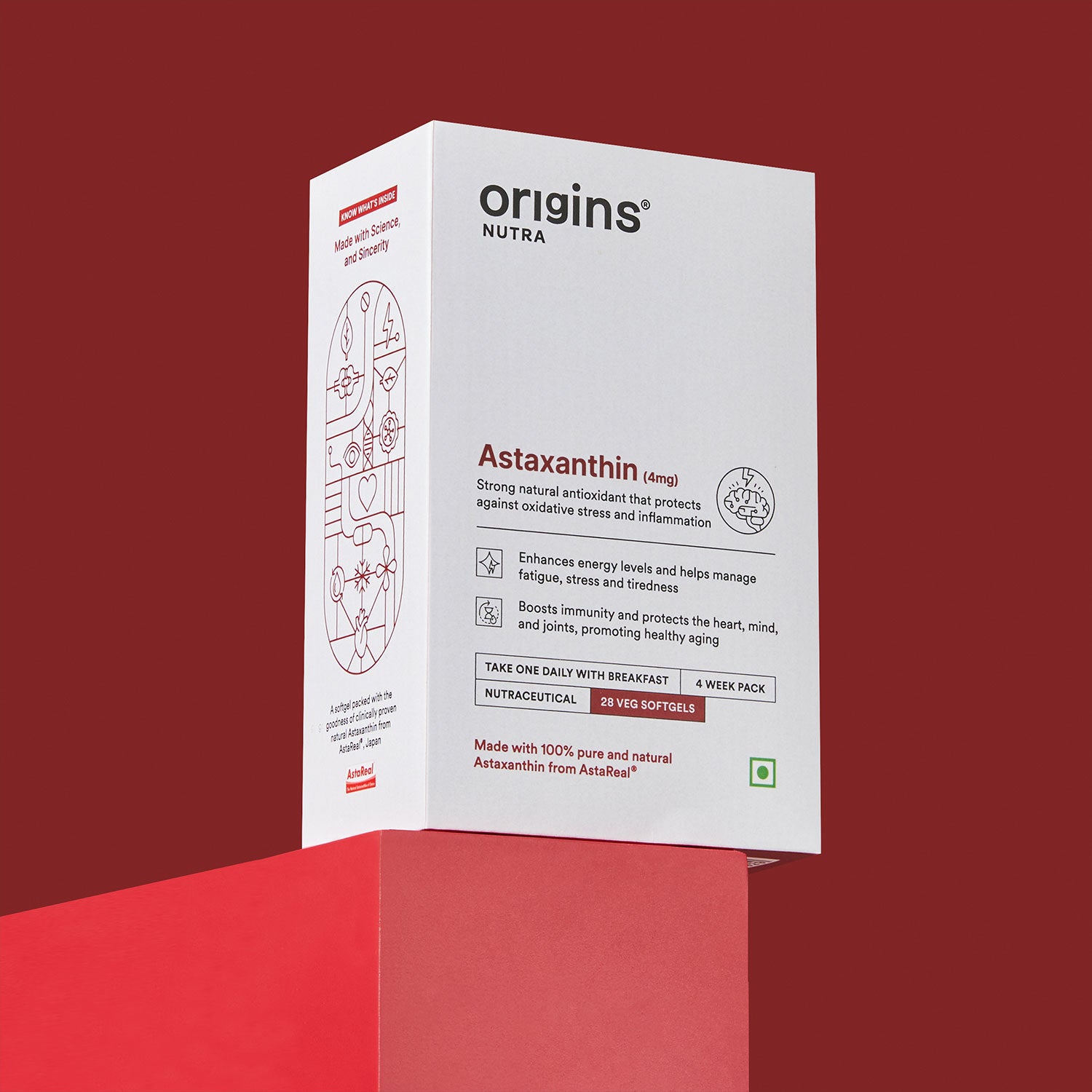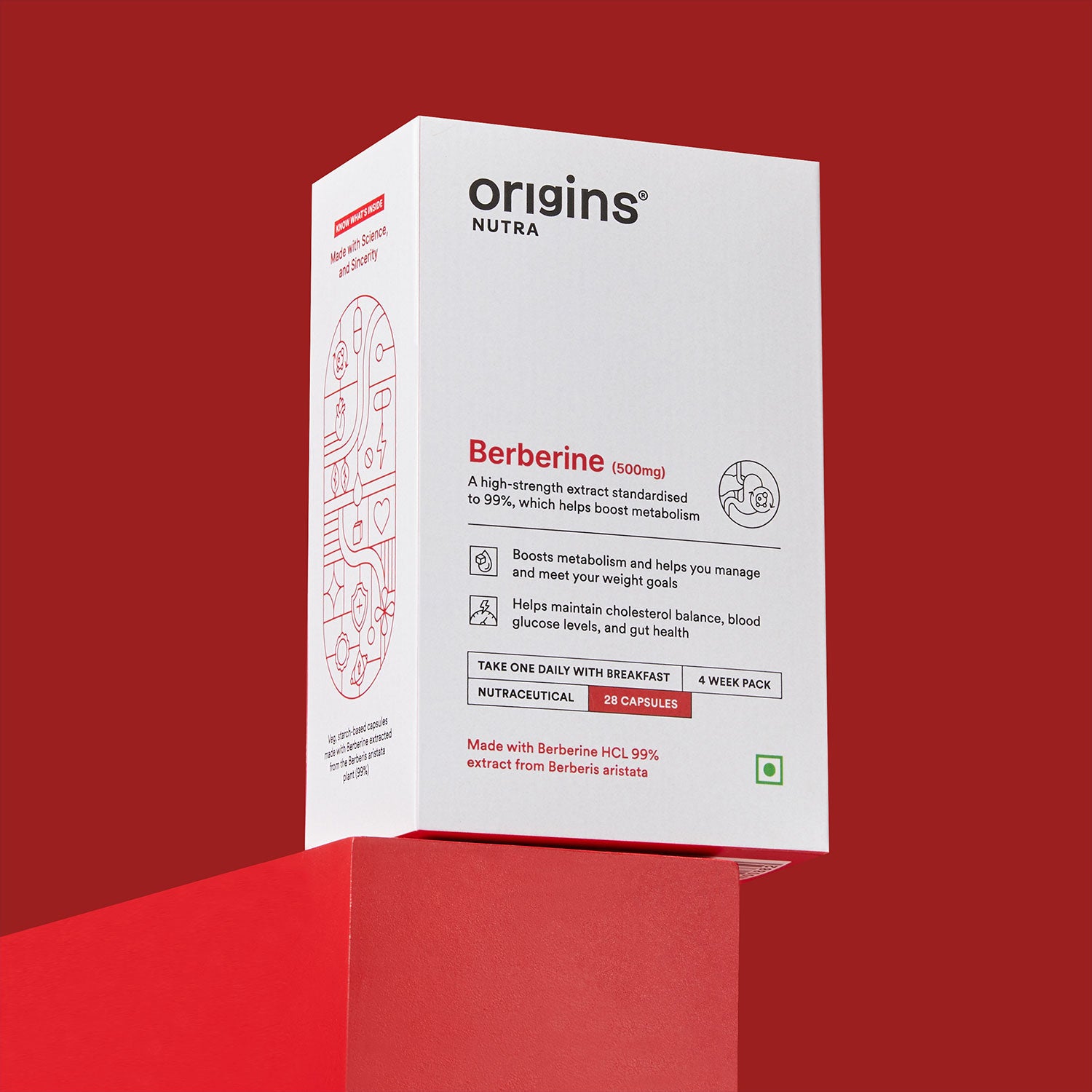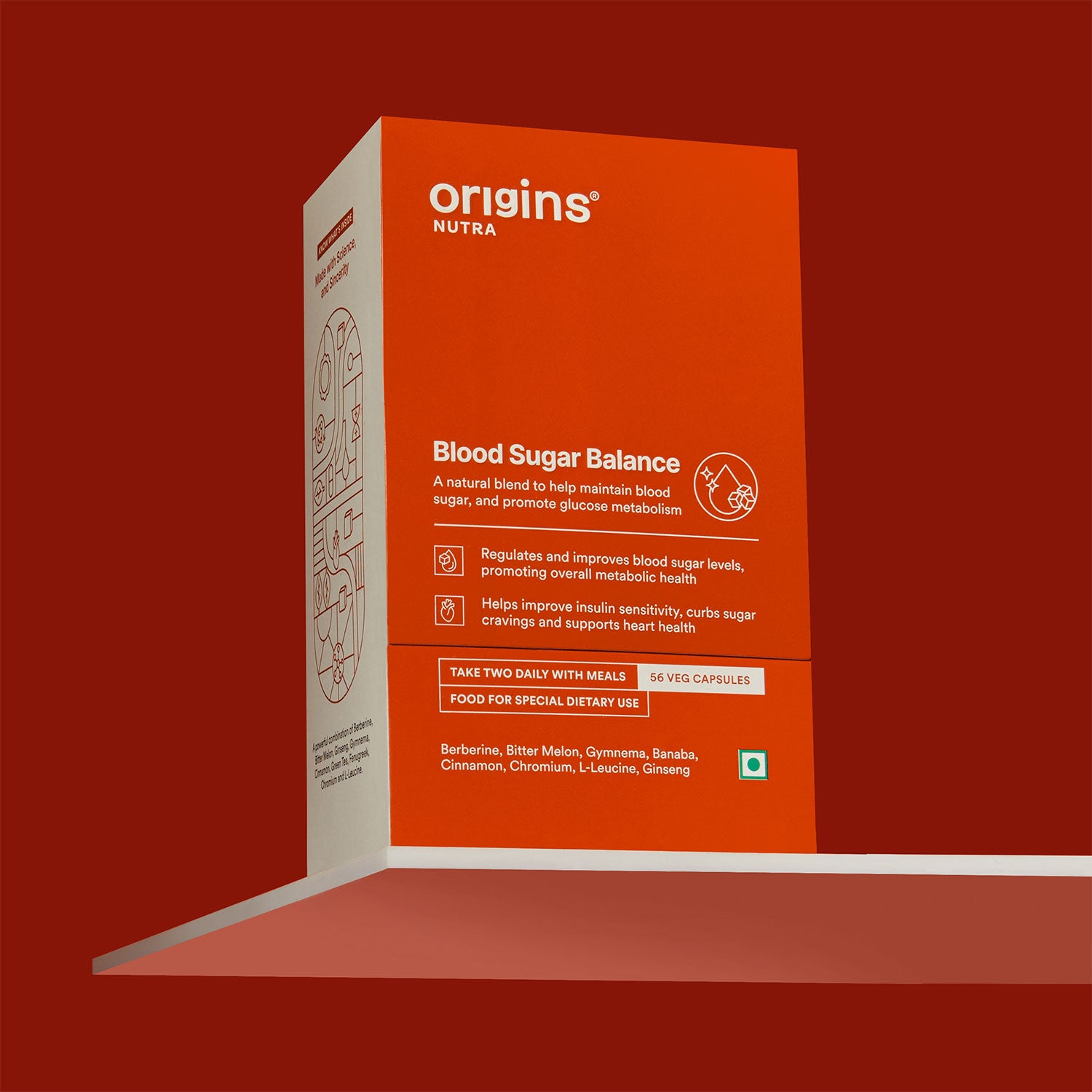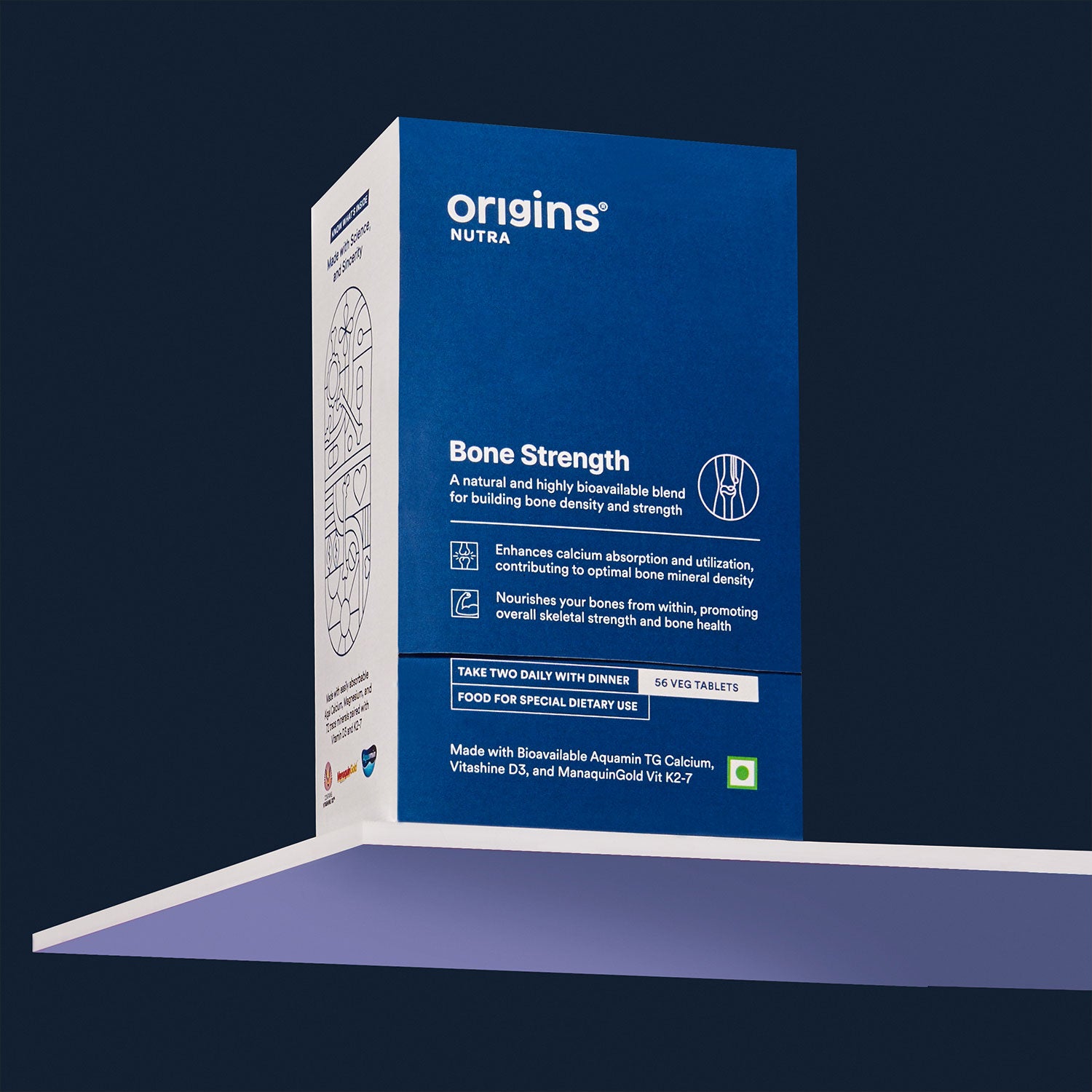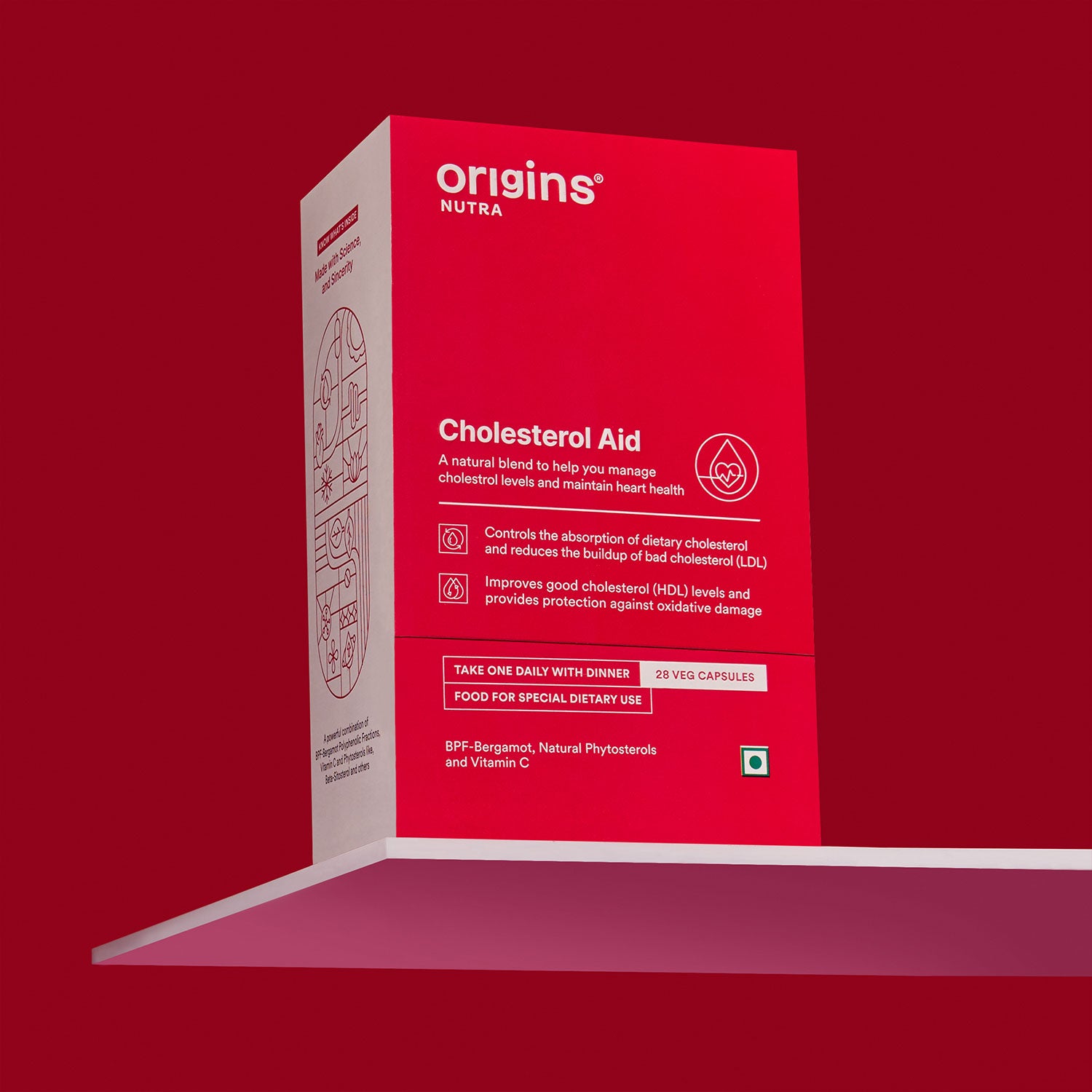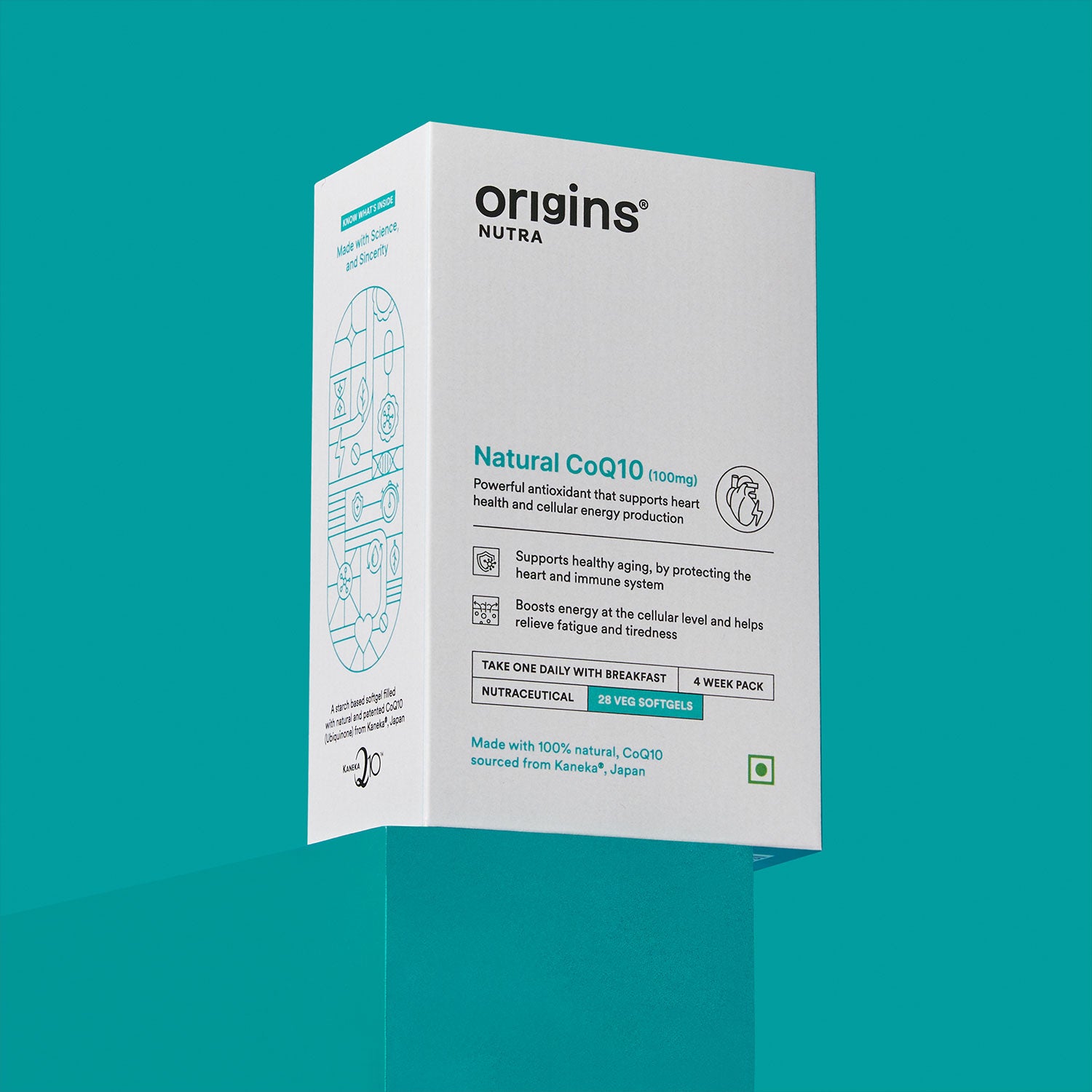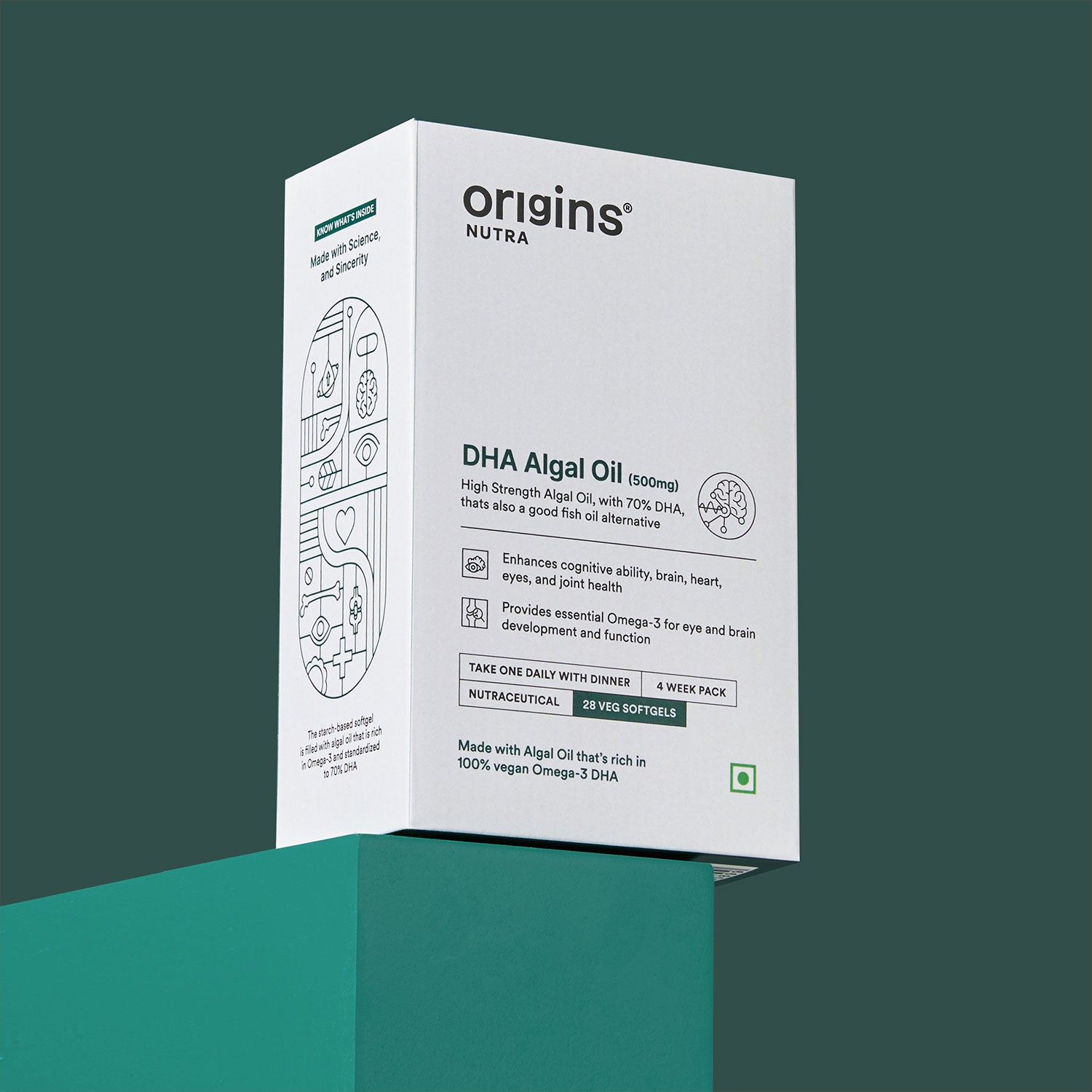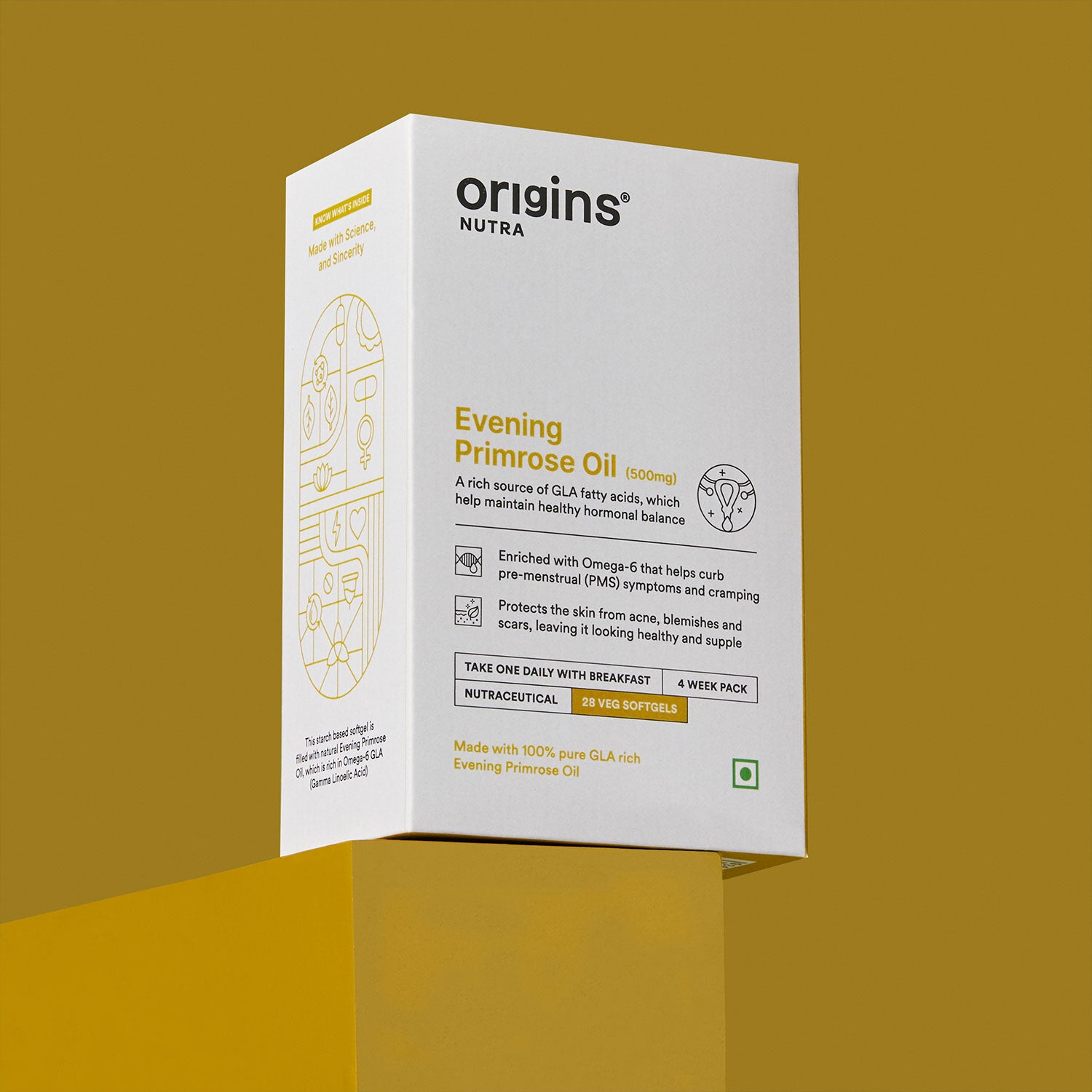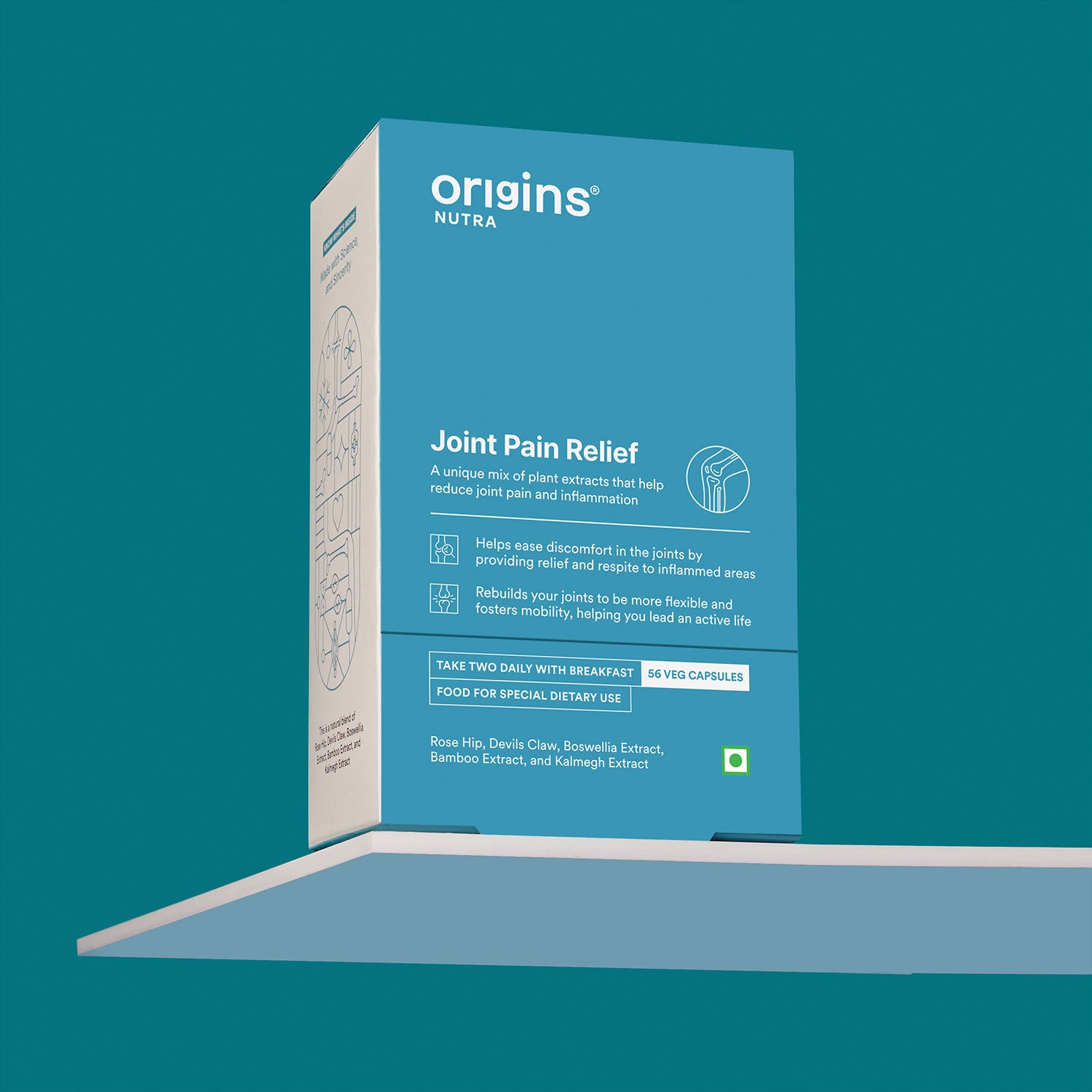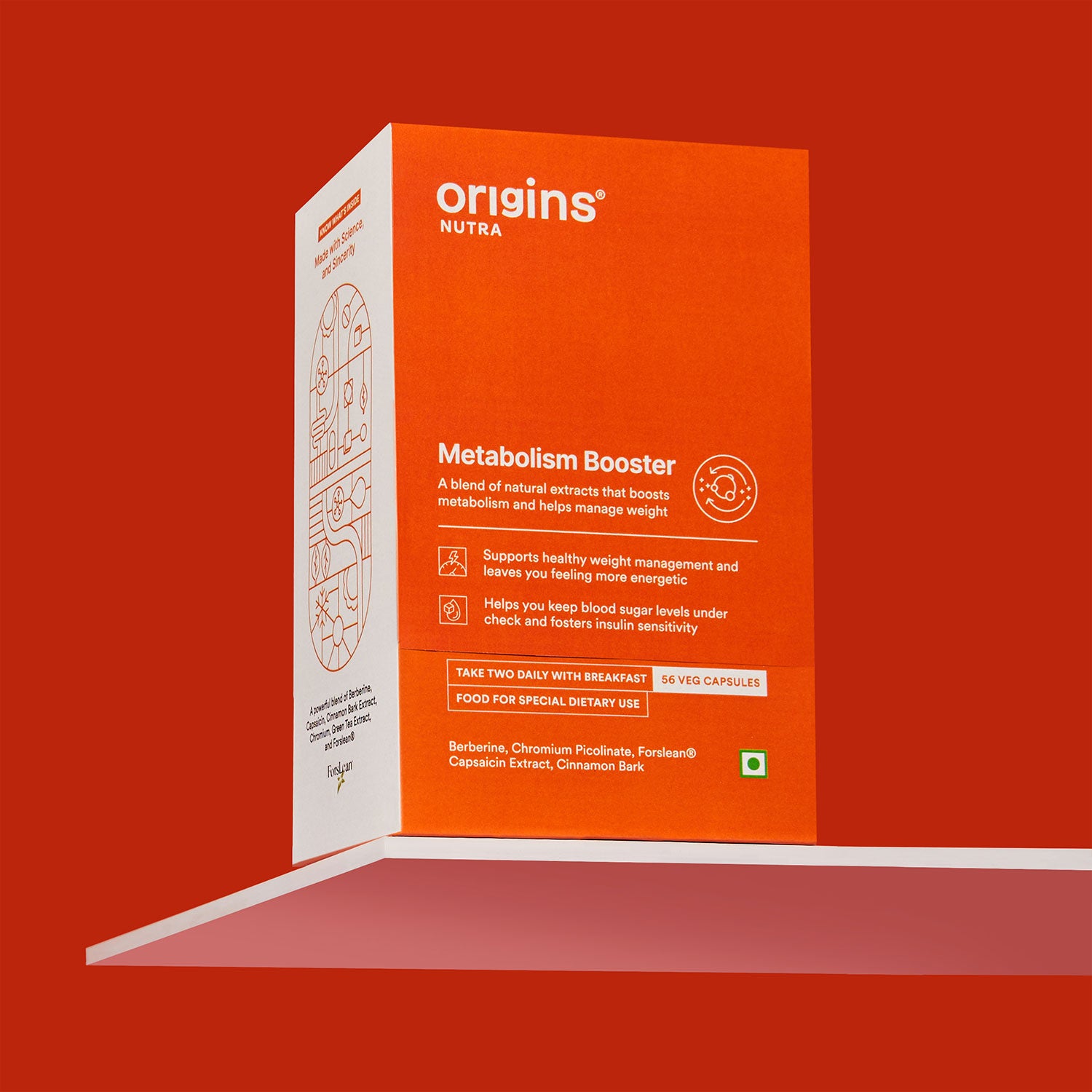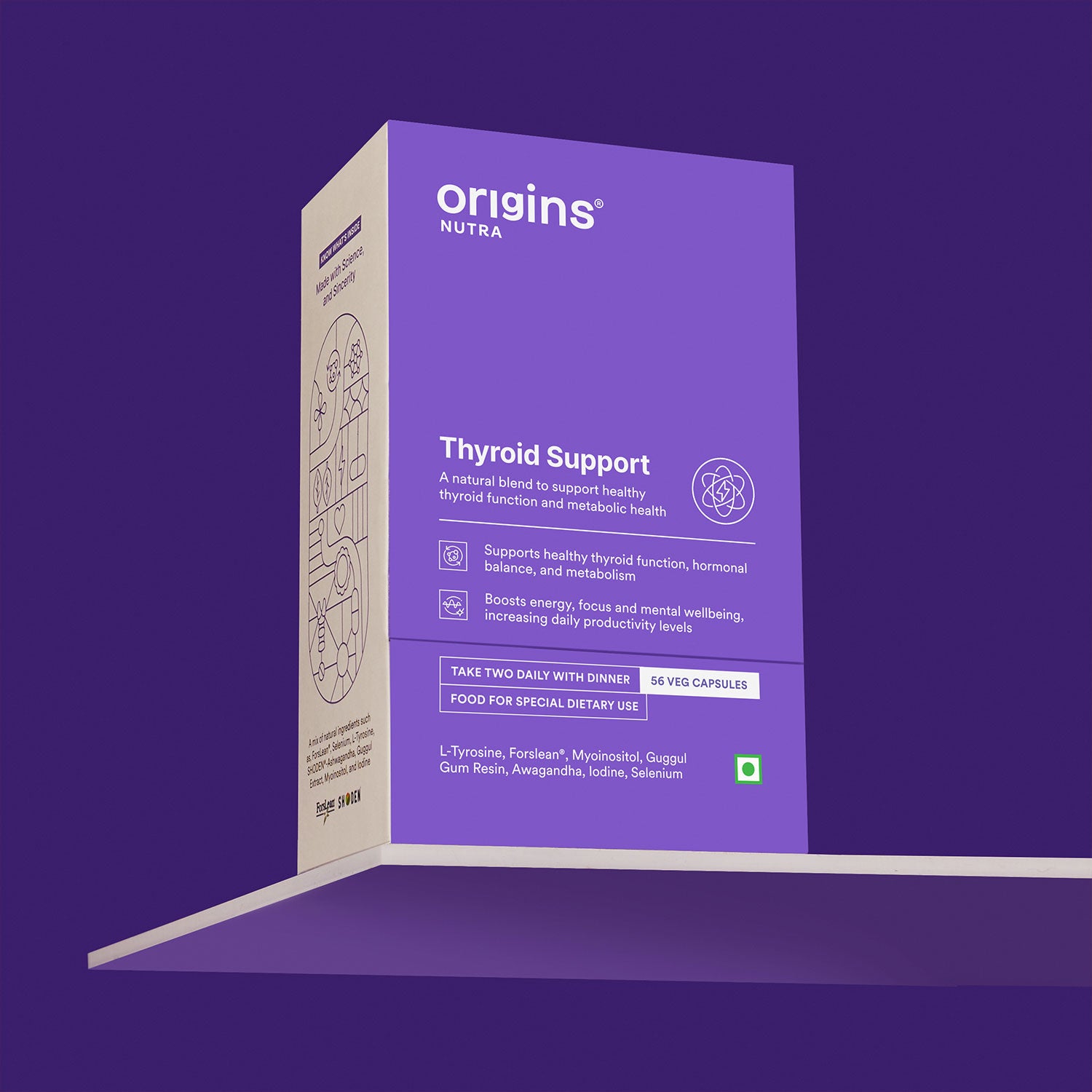Optimal diet for PCOS: What to eat?
Polycystic Ovarian Syndrome or PCOS is a challenge for women worldwide, affecting their hormonal balance and overall well-being. PCOS affects every 1 in 5 women in India. 8-13% women of reproductive age suffer from PCOS but still 70% of those remain undiagnosed.

When it comes to dealing with PCOS, managing what to eat emerges as a necessity. Uncovering a diet that is tailored to PCOS can mitigate symptoms, balance blood sugar and bring back hormonal levels. This blog guides into the details about creating an optimal diet for PCOS and focusing on nutrient-rich foods that support metabolic health and overall well-being.
What is PCOS?
PCOS is a hormonal disorder that affects women or girls of reproductive age. It affects ovulation, irregular periods and the ability to conceive. Basically, in PCOS, the body produces androgens, the male hormone that affects menstrual cycle, limits ovulation and causes fertility problems.
Symptoms of PCOS:
- Irregular menstruation cycles
- Obesity
- Hirsutism (male-pattern body hair growth)
- Loss or thinning of hair on the scalp.
- Acne
- High circulating androgen levels, such as testosterone
- The presence of cyst-like growths on the ovaries

Sometimes symptoms of PCOS or PCOD might resemble each other. To know more about how PCOS is different from PCOD check out our blog: https://originsnutra.com/blogs/news/clarifying-the-confusion-pcod-vs-pcos

PCOS manifests through various signs and symptoms. From acne, hirsutism to irregular periods, the symptoms are diverse and impactful. However, among the varied symptoms, one concern stands out quite frequently- the association between weight gain and PCOS.
Weight gain is not incidental but rather plays an integral role in management and treatment. Especially considering that overweight women are commonly advised to address their weight when seeking medical advice for PCOS.
Ever wondered what’s the connection between PCOS and weight gain that makes it so crucial to address?
How is PCOS related to weight gain?
Research indicates that 60-70% of PCOS cases are linked to overweight or obesity, impacting not only reproductive health but also weight gain, high blood sugar, and elevated blood pressure, all stemming from insulin resistance.

Insulin, produced by the pancreas, facilitates the transfer of glucose from the blood to cells for energy. However, in insulin resistance, cells become unresponsive to insulin, leading to increased blood sugar levels. The excess sugar is then converted into fat and stored in adipose tissue, particularly around the abdomen, resulting in weight gain.
Additionally, insulin resistance disrupts the regulation of appetite hormones, such as leptin and ghrelin, leading to increased hunger and overeating.
Obesity related insulin resistance in PCOS increases the risk of developing conditions like type 2 diabetes, cardiovascular disease, and metabolic syndromes. Despite being a hormonal syndrome, managing PCOS through proper nutrition is crucial in mitigating these symptoms and reducing the risk of associated diseases.
What to eat if you have PCOS:
1. Include high fiber:
Fruits are rich in fiber and contain fructose sugar, which is not easily digested leading to a gradual increase in blood sugar levels. Fiber is indigestible carbs, it delays fructose adsorption and slows digestion.
High-fiber diet improves gut health by promoting beneficial gut bacteria and helps in managing cholesterol, preventing cardiovascular diseases.

2. Incorporate goodness of grains:
Consuming whole grains such as oatmeal, brown rice, barley and quinoa, millet helps regulate blood sugar levels which improve insulin sensitivity. Fiber in whole grain food products keeps you full longer and helps manage weight.

3. More non-starchy vegetables:
Green leafy vegetables such as spinach, kale, and cabbage, along with other vegetables like tomatoes and mushrooms, are packed with nutrients while being low in calories. They also have a low Glycemic Index (GI), which means they don't cause quick increases in blood sugar levels.
Greeny leafy vegetables are also rich in iron which helps against iron deficiency. Sometimes prolonged bleeding during PCOS leads to iron deficiency-related anemia and incorporating iron-rich green leafy vegetables like spinach, kale, and fenugreek into your diet can help. Tomato and Green beans are also high in chromium which reduces hirsutism.

Examples of non-starchy vegetables:
o Leafy greens like fenugreek, mustard greens, cabbage and beet greens
o Tomatoes
o Bell peppers
o Cucumbers
o Brussels sprouts
o Broccoli
o Cauliflower
o Mushrooms
o Green beans
4. Add more proteins:
Women with PCOS should aim to consume 1-1.5 grams more protein than the average individual. Including protein-rich foods along with low glycemic-load carbohydrates can help reduce high-sensitivity C-reactive protein, which is responsible for inflammation, and improve insulin sensitivity. Pulses, such as beans and lentils, are excellent sources of protein and essential micronutrients.

Examples of protein rich foods include:
o Lentils- Green, Red, Brown
o Nuts like almonds
o Quinoa
o Kidney beans and black beans
o Homemade yogurt or greek yogurt
o Citrus fruits like grapefruit and oranges
o Eggs
o Fish and lean chicken
o Tofu and paneer
5.Embrace healthy fats:
Monounsaturated fats (MUFA) found in avocados, olive oil, pumpkin seeds, and sesame seeds aid in weight management.

Polyunsaturated fats (PUFA), such as Omega-3 fatty acids found in fish like salmon and sardines, help reduce insulin resistance and cholesterol levels.
Omega-6 fatty acids, present in foods like soybean oil, corn oil, and sunflower oil, are essential fats that need to be consumed through diet as the body cannot produce them on its own.
6. Add antioxidants-
-
Green Tea: Contains polyphenols, aiding in weight management, improving insulin sensitivity, and regulating hormone levels in women with PCOS.
-
Berries: Strawberries, blueberries, and raspberries are rich in anthocyanins, which reduce inflammation, and flavanols, promoting cardiovascular health.
-
Nuts and Seeds: Walnuts, almonds, flaxseeds, and chia seeds are packed with antioxidants, effectively reducing inflammation.

7. Don’t forget your pulses - Pulses are complex carbohydrates with low glycemic index and high-quality protein. Legumes are low in fats and an essential source of micronutrients.
8. Seed cycling is a method that may help women with Polycystic Ovary Syndrome (PCOS) balance their hormones and regulate menstrual cycles. It involves consuming specific seeds during different phases of the menstrual cycle to support estrogen and progesterone levels. In the follicular phase (days 1-14), flaxseeds and pumpkin seeds are consumed to enhance estrogen levels, while sesame and sunflower seeds are consumed during the luteal phase (days 15-28) to support progesterone production. These seeds are rich in nutrients like omega-3 fatty acids, zinc, and magnesium, which can reduce inflammation and improve PCOS symptoms such as acne, hair loss, and irregular cycles.
While seed cycling can be a beneficial part of managing PCOS, it should be combined with other lifestyle and dietary changes for the best results.
If menstrual cycle is irregular, you can follow the moon cycle by starting the follicular phase with the new moon and the luteal phase with the full moon.
-
Eat smaller and more frequent meals to stabilize blood sugar levels.
-
Start with seed cycling to maintain your hormonal health and regularize periods.
-
Avoid eating at least 3 hours before bedtime to enhance sleep quality.
-
Stay hydrated by drinking water and avoid sugary drinks.
-
Incorporate physical activity into your routine to reduce insulin resistance and improve mood.
- Alcohol
- Sugar-sweetened beverages like juice and soda
- Refined carbohydrates such as white rice and bread
- Fried foods like French fries or potato chips
- Saturated fats found in margarine or butter
- Processed fats like ice creams, pickles, or mayonnaise
- Processed meats such as bacon or hot dogs
Conclusion:
Managing PCOS with diet is crucial for overall improving symptoms and overall diet. Focusing on a nutrient-rich diet like whole grains, non-starchy vegetables, lean proteins, healthy fats, soy products, antioxidants, and pulses can help regulate blood sugar levels, reduce inflammation, and promote hormonal balance.
By making simple dietary changes and incorporating regular physical activity, individuals with PCOS can take control of their health and improve their quality of life.
Reference links:
https://dspace.ewha.ac.kr/handle/2015.oak/213563
https://pubmed.ncbi.nlm.nih.gov/28416368/
https://pubmed.ncbi.nlm.nih.gov/36647089/
https://www.tandfonline.com/doi/abs/10.1080/01443610701667338
https://pubmed.ncbi.nlm.nih.gov/38229476/
https://www.sciencedirect.com/science/article/pii/S0002916523236643?via%3Dihub
https://www.bda.uk.com/resource/polycystic-ovary-syndrome-pcos-diet.html
https://pubmed.ncbi.nlm.nih.gov/22158730/
